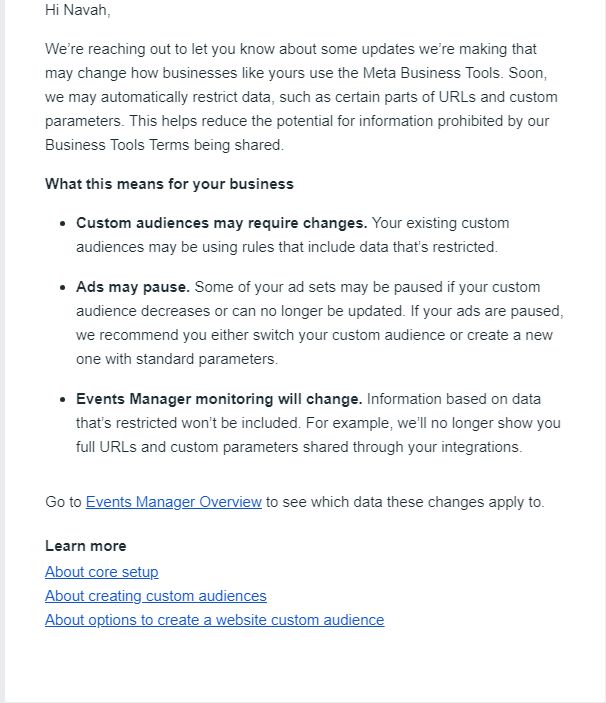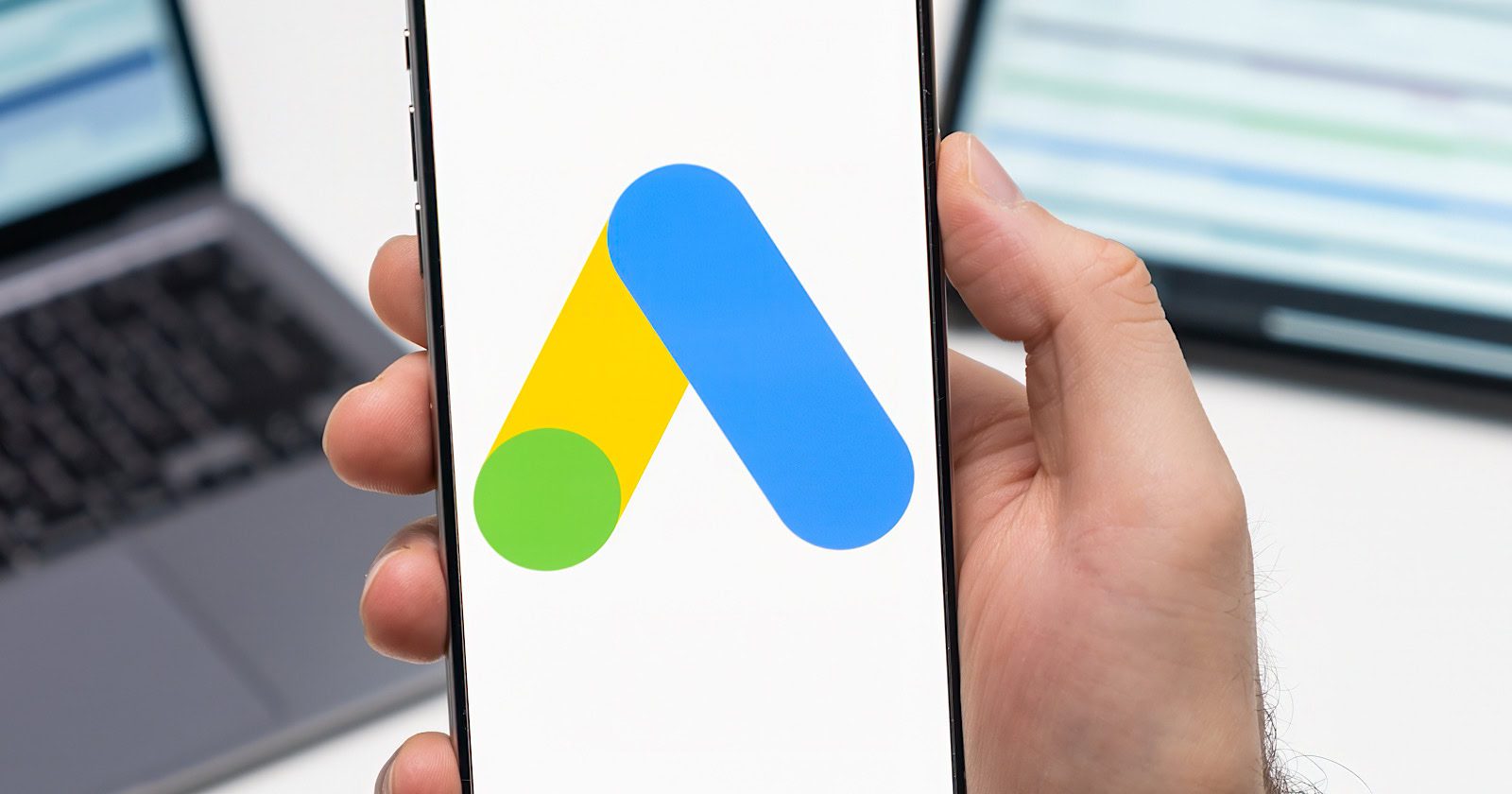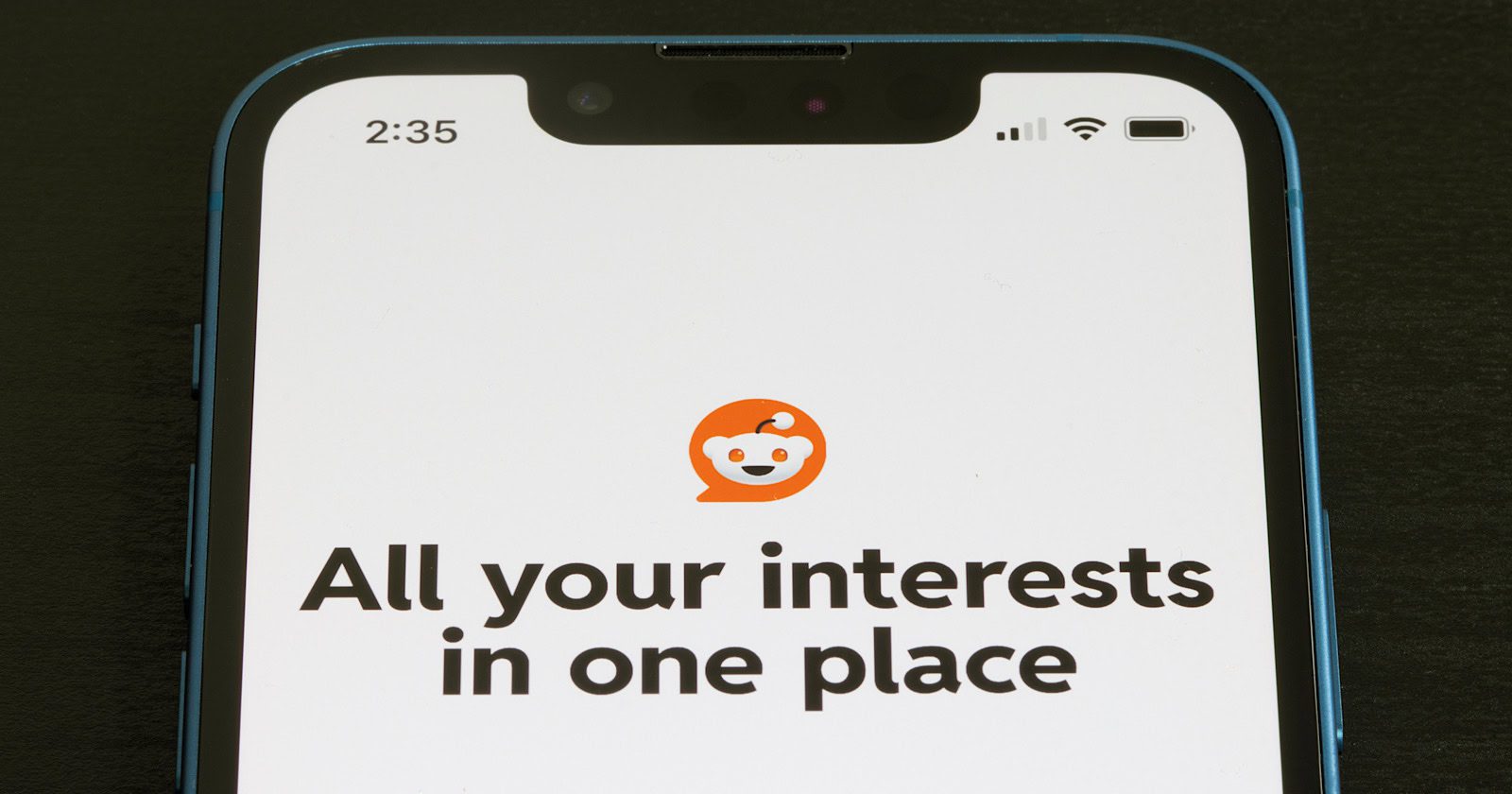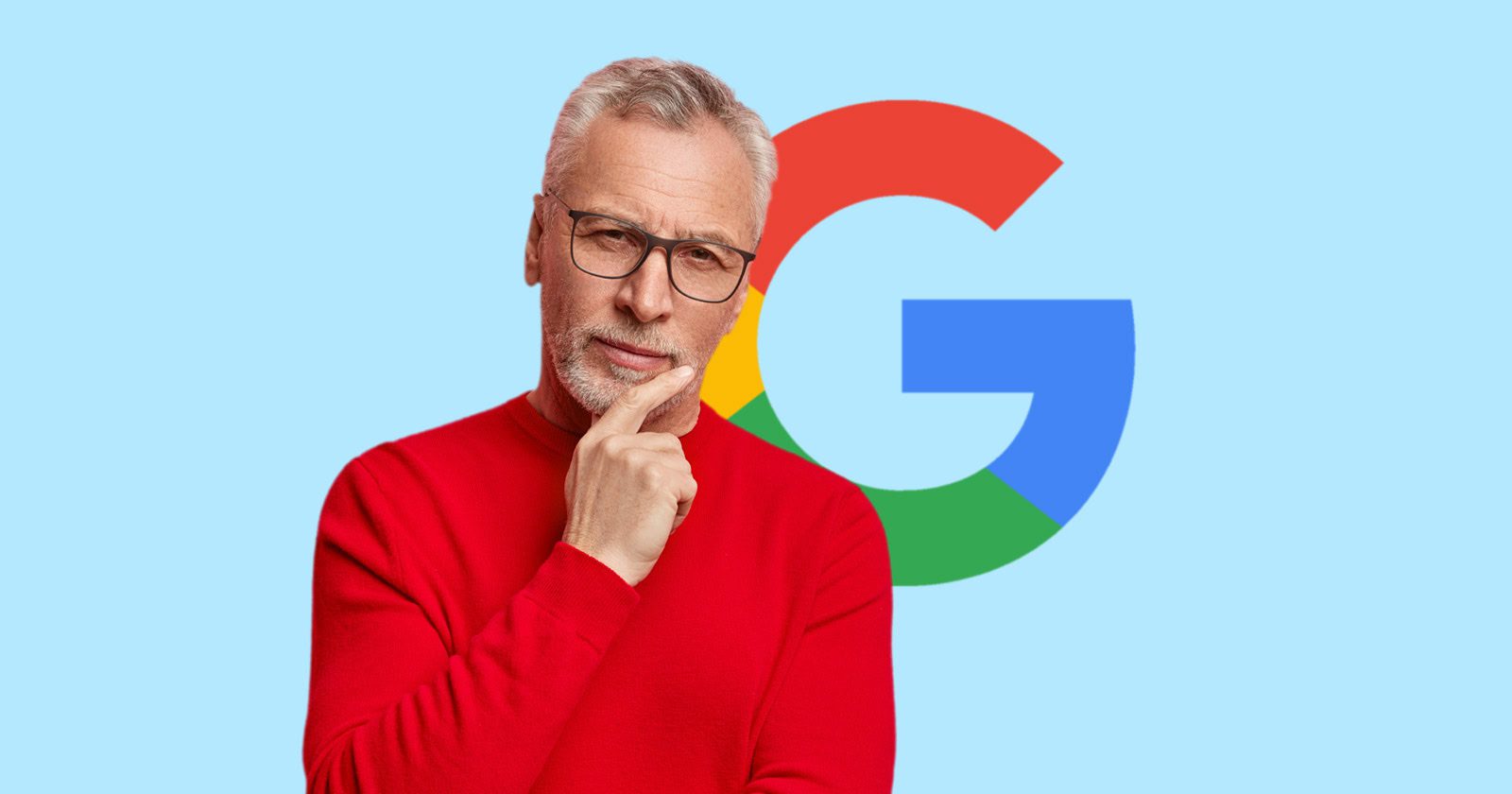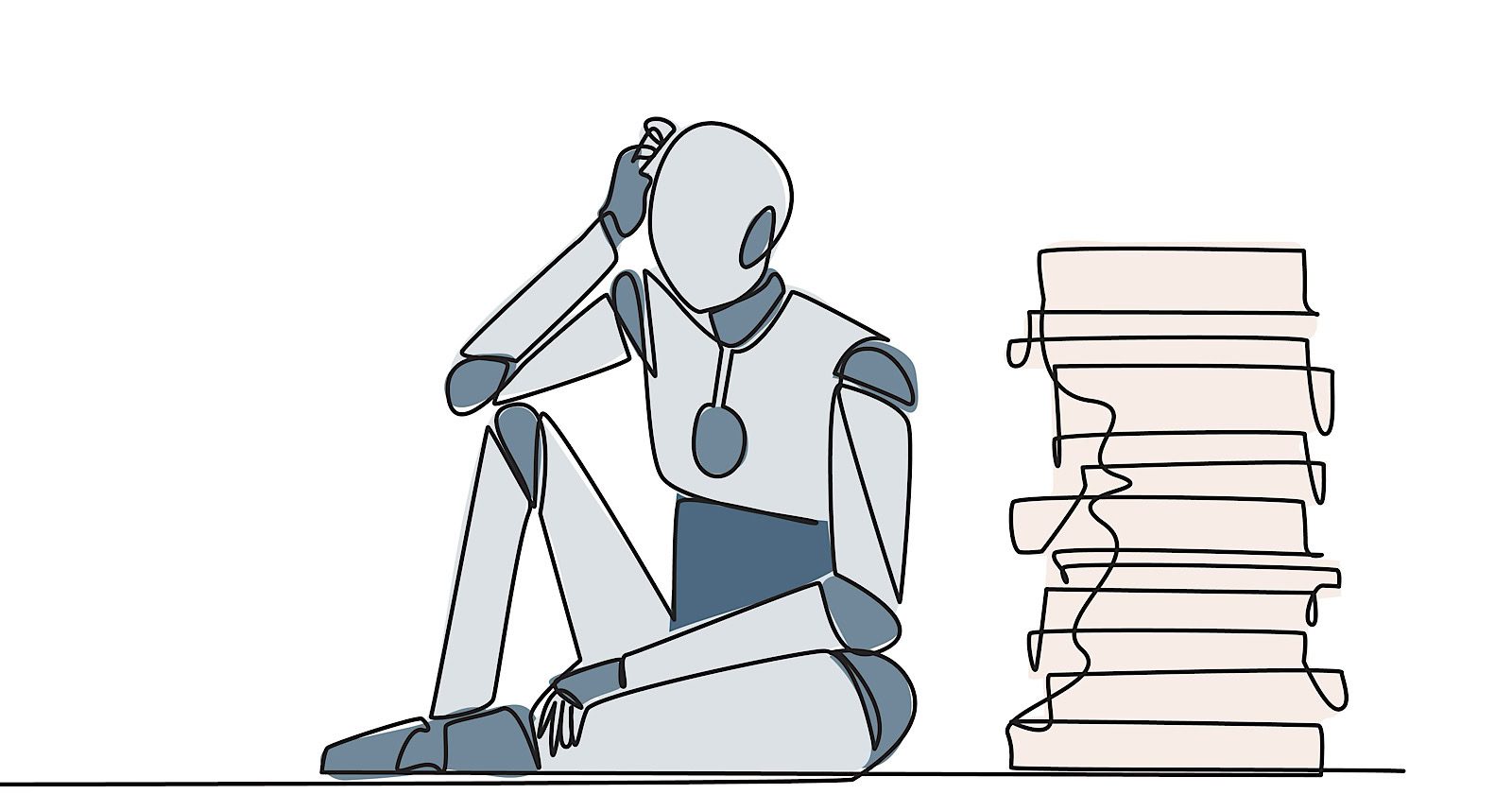Google Says Fixing Headings Won’t Change Rankings via @sejournal, @martinibuster
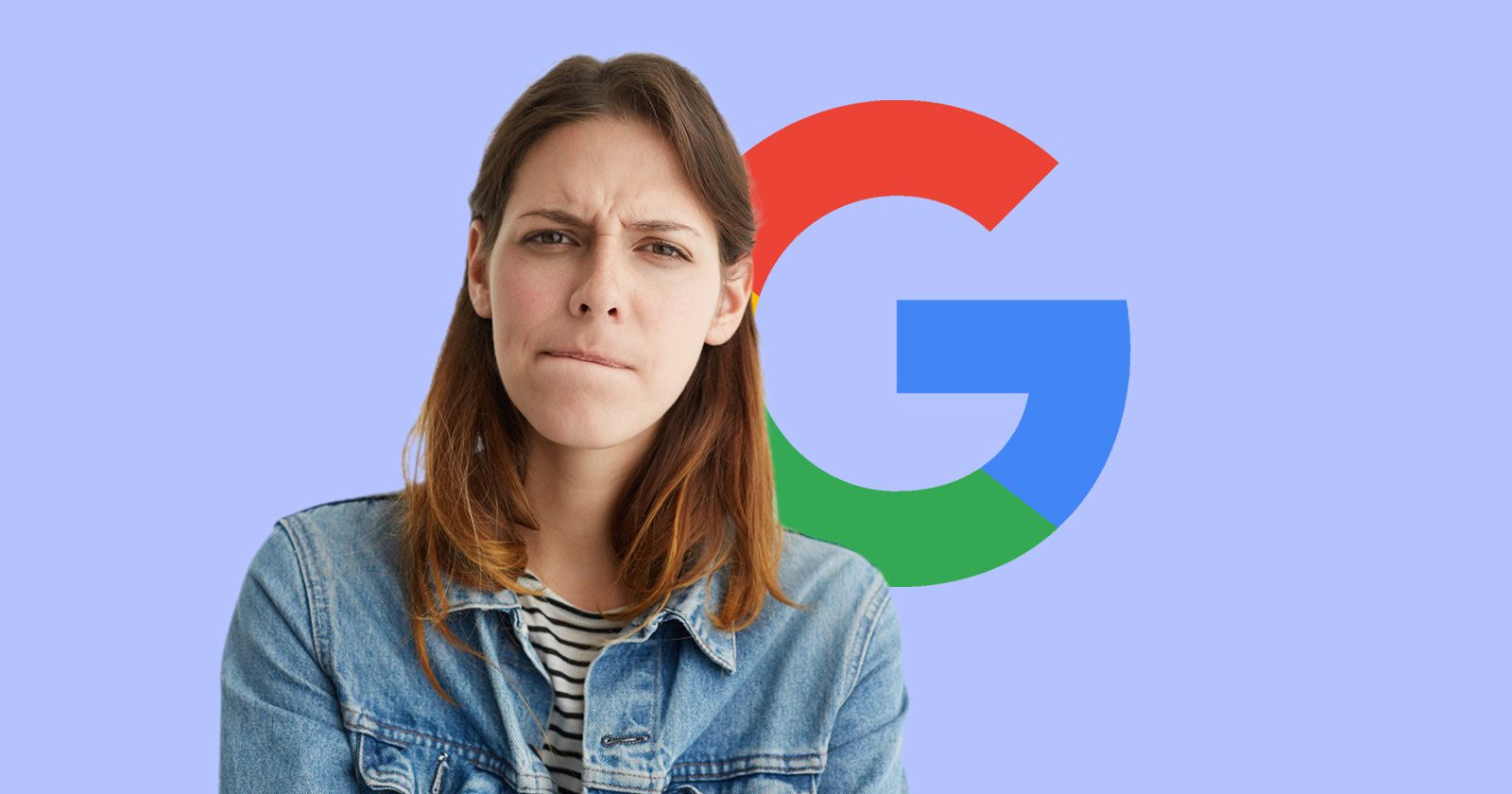
Google’s John Mueller answered a question on Reddit about heading elements, confirming a slight impact but downplaying its significance, saying a lot about how Google uses headings.
Hierarchical Heading Structure
Hierarchical and hierarchy in the context of heading elements (H1, H2, etc.) refers to the organization of headings in order of importance or structure. In this context, the word “importance” doesn’t mean importance as a ranking factor, it means importance to the structure of a web page.
Generally a web page could have one H1, indicative of the topic of the entire page and multiple H2 headings that signal what each section of a web page is about. For Google’s purposes, the first heading doesn’t have to be an H1, it can be an H2. Google isn’t mandated to use the first heading as the overall topic, it’s not a directive to their search algorithms where an SEO controls how Google interprets a heading.
The technical specifications of heading elements are found on the pages of the World Wide Web Consortium (W3C), the standards making body that, among many things, defines the purpose and use of HTML elements like headings.
Google generally follows the official W3C technical specifications of HTML elements but for practical purposes isn’t strict about it because many websites use headings for style not semantic purposes.
Are Incorrectly Ordered Headings Harmful To SEO?
The Redditor wanted to know if using the heading elements out of order was “harmful” and to what degree. They used the word “sequential” but the precise word is hierarchical.
They wanted to know how bad was it if the headings were out of order or if one of the headings was skipped entirely.
This is the question:
“How Harmful is having Non sequential header Tags? Like having a h4 title and h1 tags below Or Having a h4, h3 h5 but not h2 tags?”
H1, H2 Headings Have A Slight Impact
Google’s John Mueller confirmed that the heading order has a slight impact. He didn’t say it was a ranking factor nor did he say what kind of impact the heading order had. It could be that the heading order makes it easier for search engines to understand the web page, which is what I believe (meaning, it’s just my opinion and you’re entitled to yours).
This is Mueller’s answer:
“Doing things properly (right order headings) is a good practice, it helps search engines lightly to better understand your content, and it’s good for accessibility. If you’re setting up a new site, or making significant changes on your templates, or just bored :-), then why not take the extra 10 minutes to get this right.”
Sometimes it’s difficult to control the headings because a template might use headings to style sections of a web page, like in the footer or a sidebar. In the context of a WordPress site that means having to create a child template that controls the styles and change the CSS for those sections of the template so that they use CSS and not headings to style them.
Other than that, the heading structure is entirely under control of the publisher, site owner, or SEO.
Yet, having the keywords in the headings might not be enough because the purpose of heading elements is to communicate what a section of a web page is about and, as Mueller goes on to say, headings play a role for accessibility.
Google Says Fixing Headings Won’t Change Rankings
This is the part that some SEOs may find confusing because Google says that fixing the hierarchical structure of headings will not improve the rankings of a website.
A long time ago, like twenty four years ago, heading elements were a critical activity for ranking in Google. I know because I was an SEO in the early 2000s and experienced this first hand. By 2005 the impact to rankings had significantly diminished. I know it was diminished because I was a digital marketer when headings stopped making a critical impact and had evolved to become a signal of what a section of a web page is about.
The search results were full of sites that had no heading elements, it was hard not to notice the change.
But for some reason many in the SEO industry continued to believe that headings are a strong ranking factor. John Mueller’s statement about the diminished impact of heading elements to search rankings confirms the changed role that heading elements play today.
Mueller continued his answer:
“That said, if you have an existing site, fixing this isn’t going to change your site’s rankings; I suspect you’ll find much bigger value in terms of SEO by looking for ways to significantly up-value your site overall.”
What Mueller is talking about is the difference between making a web page for search engines (worrying about how Google will interpret heading elements) and creating a web page for users (worrying if the page contains useful information that is on-topic flows in a logical order).
His statement gives a clue to how Google uses heading elements and is good advice.
Read the discussion:



